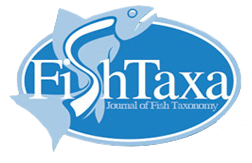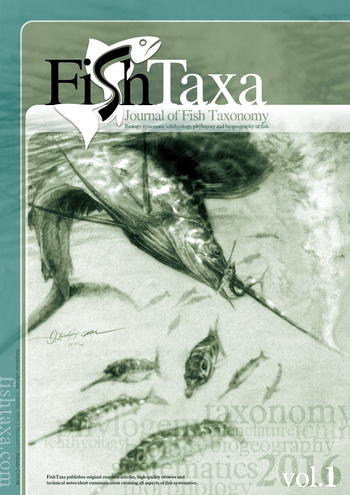Exploring the Impact of Hybridization on Fish Taxonomy and Conservation Strategies
Cécile Tréhin, Etienne Rivot Institute for Biodiversity and Ecosystem Dynamics, University of Amsterdam, Amsterdam, Netherlands.
Abstract
Interbreeding between various fish populations or species is known as hybridization, and it significantly affects fish taxonomy and conservation tactics. By producing individuals with intermediate features, hybridization in the field of ichthyology challenges conventional ideas of species boundaries and blurs the borders between species. Additionally, it unearths cryptic species and previously undetected genetic diversity. Occasionally, it can also result in taxonomic inflation, which makes it more difficult to classify fish species. Hybridization threatens endangered species by compromising their genetic integrity and can lead to genetic erosion within native populations, both of which negatively affect conservation. For environmentalists, maintaining genetic integrity while accepting hybridization as a natural process remains a difficult task. By encouraging range changes and modifying ecosystems, climate change intensifies these processes by expanding the window of opportunity for hybridization. In light of changing environments, it is crucial to understand how hybridization affects fish taxonomy and conservation. Adaptability, continual study, and a dedication to maintaining the great range of fish species in our planet's aquatic ecosystems are necessary for effective conservation methods.

